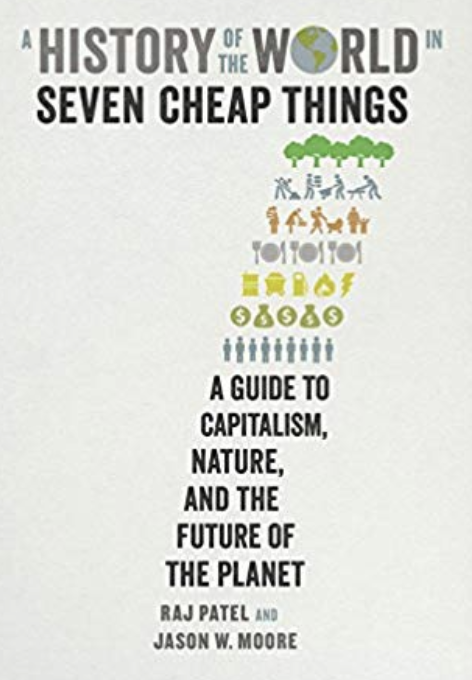Nature Knows (a lot)
I realized something the other day, as I was engaging in a ten minute, morning meditation.
The leader of the meditation (on the Gaia yoga app, which I highly recommend) was talking about breathing out, and mentally grounding into the earth to feel Nature’s support and her strength, and she then guided us to breathe in and use that breath to feed and support the earth. My mind was blown. I’m not here to just pull benefits from Nature. I am a connected part of her systems that can, in turn, feed Nature. Whoot.
On October 23rd, I presented a session on biophilia at the Design4People conference in Boston, MA, which was hosted by the USGBC Massachusetts community. My session title and my approach to the session was that Biophilia is Not Exotic, precisely because it is about the Nature all around us, in our specific locale. It is about what we can learn from her, and how we can design and build with mutual respect.
Respect is an interesting concept. It often comes from recognition of intellect or some other perceived core value, and this is why, perhaps, we have shown a lack of respect for Nature of late. “A History of the World in 7 Cheap Things” by Raj Patel and Jason W. Moore talks about how human beings have actively devalued Nature, particularly over the last few centuries.

- We have used science to “conquer” Nature.
- We have claimed that the resources of Nature are no longer for use by the commons, but commodities that can and should be purchased and owned by corporations.
- We have painted Nature as “unsophisticated” and unintelligent, instinctual and uncontrolled.
- We have determined that Nature is here to serve us, as if we are separate and superior, instead of an integral natural component of the complex and closed system.
The truth is that we truly are reliant upon natural systems and will benefit from serving the planet and systems we rely upon.
It is time to change the devaluing of Nature and recognize how much we can learn from her. Nature will teach us so much if we are curious, and ask her to “drop knowledge”. Someone once told me that biophilia and the effect of Nature on people in buildings is a pseudo-science, because we don’t actually know the effects, and we are discovering things as we go along. This, my friends, is the essence of science. We need to discover the truth through our curiosity and experimentation. If we knew the answers definitively, it would be history, or at the very least in every science textbook instead of the exciting realm of emerging scientific exploration.
Nature knows. Nature knows a hell of a lot from the intensive, real-world experimentation of over 6 billion years. Humans cannot begin to compare with this empirical data resource.
Here are some of the things she knows about, and that I will explore in future blogs and videos. Join me so we can learn together! Search for #natureknows on twitter, Facebook, LinkedIN, and by connecting to www.2bgreener.com .
- Resilience
- Diversity
- Adaptation
- Teamwork
- Local specificity
- Redundancy
- Systems thinking
- Optimization, not Efficiency
- Interdependence
- Continual improvement
- Closed loop design
What we learn from Nature can be applied to business, living, communication, building design, infrastructure, and more. In the next few weeks, let’s see what concepts I can open up for you, and what you can help me to learn as we go, working together 2bgreener,
Jodi
2 Others like this post, how about you? (no login required)